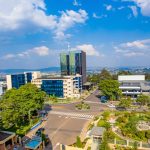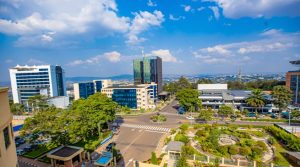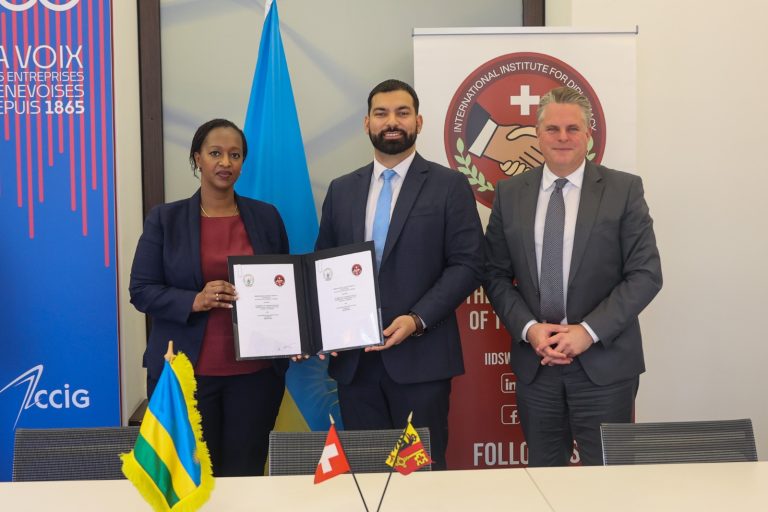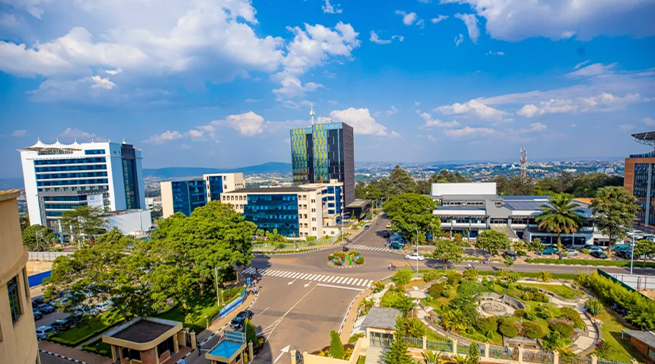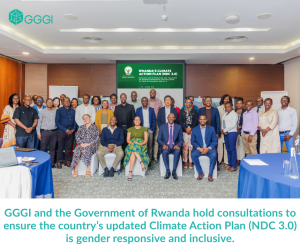By Robert M.
Africa stands at a pivotal crossroads, with the potential to unlock a truly sustainable path to economic growth through the development of a green economy. As the continent grapples with climate change, environmental degradation, and rising poverty, the concept of a green economy offers an innovative and inclusive approach to transform Africa’s rich natural resources into engines of growth that benefit both people and the planet.
A green economy in Africa is rooted in the idea of fostering economic activities that are environmentally sustainable, socially inclusive, and economically viable. It emphasizes the responsible utilization of natural resources, renewable energy, sustainable agriculture, eco-friendly industries, and resilient infrastructure. The goal is simple yet profound: to achieve economic development without compromising the ability of future generations to meet their needs.
One of the key pillars in building a green economy in Africa is renewable energy. The continent is blessed with abundant renewable energy sources—solar, wind, hydro, and geothermal—yet a significant portion of its population still lacks access to reliable electricity. Countries like Kenya, Ethiopia, and Morocco are leading the way in developing solar farms, wind turbines, and hydroelectric projects that not only provide clean power but also reduce reliance on fossil fuels, lower emissions, and create jobs in local communities. Investing in renewable energy is thus a win-win strategy that addresses energy poverty while contributing to climate change mitigation.
Sustainable agriculture is another cornerstone of the green economy. Many smallholder farmers in Africa rely on fragile ecosystems and outdated practices, which make them vulnerable to climate shocks and weaken food security. Promoting climate-smart agriculture, organic farming, and efficient water use can boost productivity and help farmers adapt to changing weather patterns. For instance, Rwanda’s push for agroforestry and conservation agriculture demonstrates how eco-friendly farming practices can improve yields while protecting soil and water resources.
Eco-industries are also emerging as vital sectors supporting Africa’s green economy ambitions. From green building materials to recycling and waste management, these industries reduce environmental footprints while creating local jobs. South Africa’s growing renewable energy industry exemplifies how technical innovation and sustainable industry standards can contribute to economic diversification and resilience.
Building a green infrastructure includes developing sustainable urban centers—“green cities”—which incorporate eco-friendly transportation, waste management, water conservation, and green spaces. Countries like Ghana and Kenya are investing in urban planning that promotes walkability, efficient transportation systems, and energy-saving building designs, thereby reducing emissions and improving quality of life for urban residents.
However, forging a green economy also involves addressing challenges related to policy gaps, financing, and land rights. Governments must establish clear regulations, incentivize private investments, and foster partnerships with international organizations to mobilize the investment needed for green projects. Importantly, investments should be inclusive, respecting land rights, protecting vulnerable communities, and ensuring that economic benefits reach local populations.
Africa’s transition to a green economy also calls for education and capacity-building. Equipping youth and entrepreneurs with skills in renewable energy, sustainable agriculture, and green technology will foster a new generation of innovators committed to sustainable development. Training programs, innovation hubs, and access to finance are critical enablers in this regard.
The continent’s rich biodiversity, unique ecosystems, and natural resources can be key drivers of its green growth. From conserving forests and wetlands to harnessing the power of the sun and wind, Africa has no shortage of opportunities. What is needed is coherent leadership and strategic investment to harness these assets responsibly and inclusively.
Africa’s journey to a green economy is more than just an environmental imperative; it is a pathway toward economic resilience, social equity, and long-term sustainability. By aligning development policies with environmental stewardship, Africa can forge a future where prosperity is shared, climate change impacts are mitigated, and natural resources continue to support generations to come.
This transformation demands collective effort—commitments from governments, partnerships with the private sector, and active participation of local communities. Only by working together can Africa realize the full potential of a green economy, ensuring that growth does not come at the expense of the environment but rather enriches it, fostering a sustainable and prosperous continent for all.


